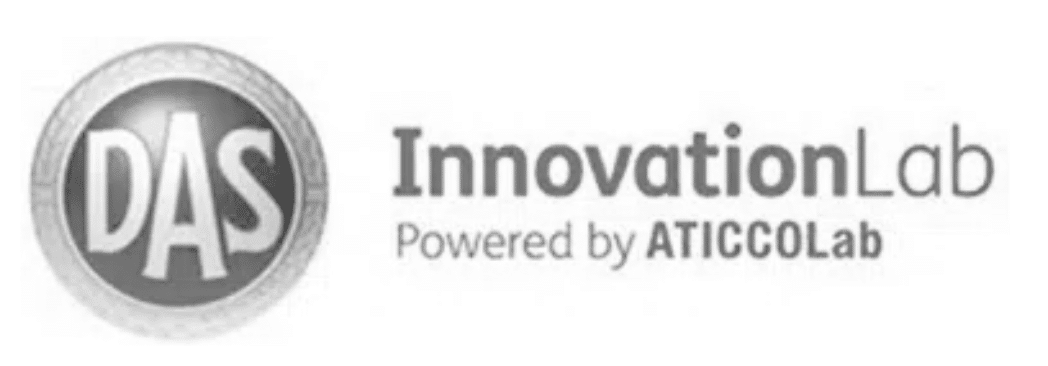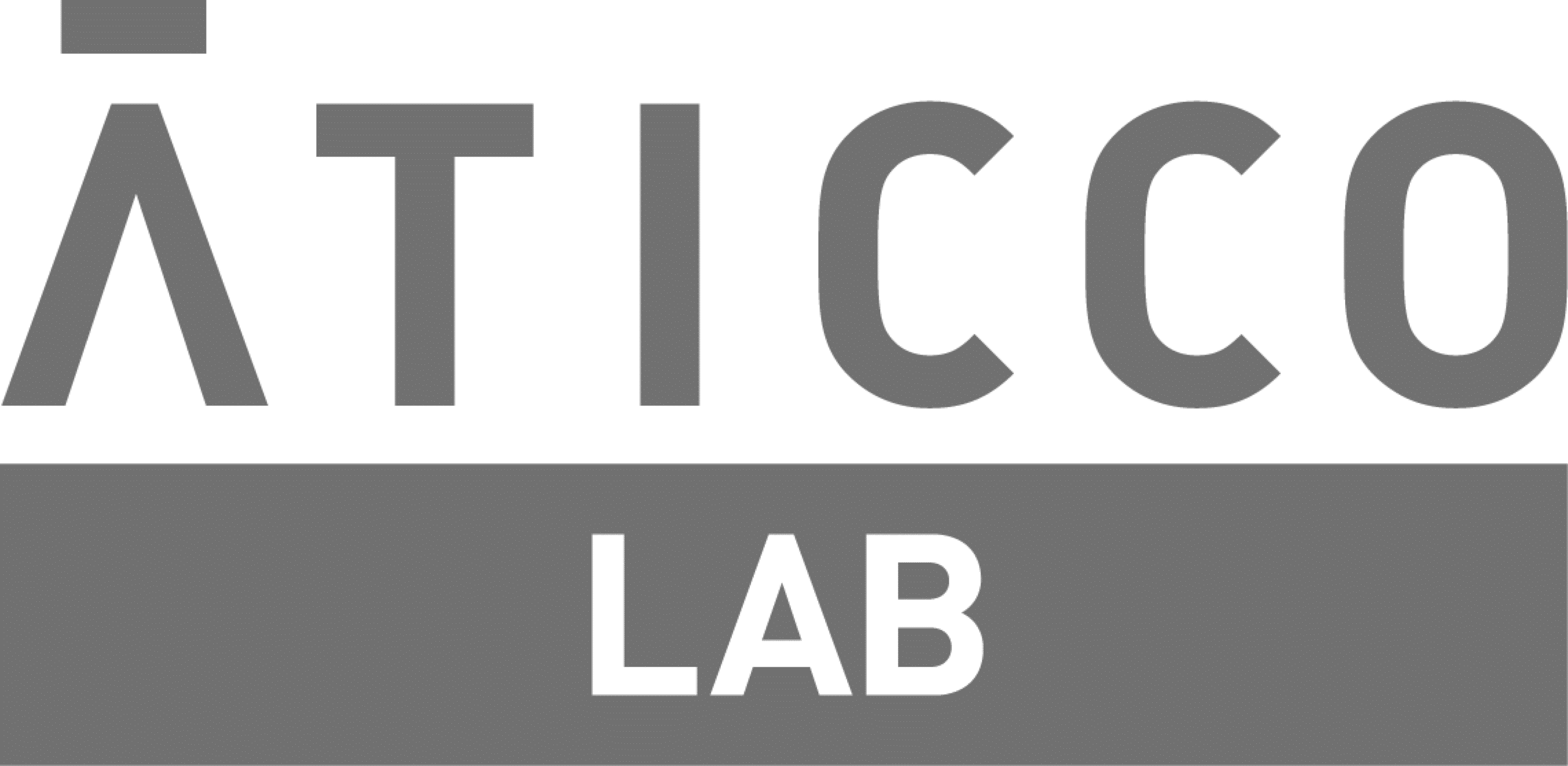The Food and Beverage industry globally faces demanding, rapidly changing consumer preferences, mergers and acquisitions, regulatory and sustainability pressures, higher costs of ingredients and labor, and much more. At the same time, there are many significant advancements in the value chain, agricultural practices, food processing, manufacturing and packaging technology, transportation, and more.
These companies are dealing with rapidly evolving competition, dynamic global supply chains, and changing regulations. To remain competitive, companies must be more agile and stay close to both their customers and suppliers. The Food and beverage industry faces a wide range of contractual challenges spanning procurement of various types of goods and services, sales, and corporate contracts. If not addressed, these challenges have the potential to lead to higher acquisition costs, costly breaches, and dissatisfied customers.





